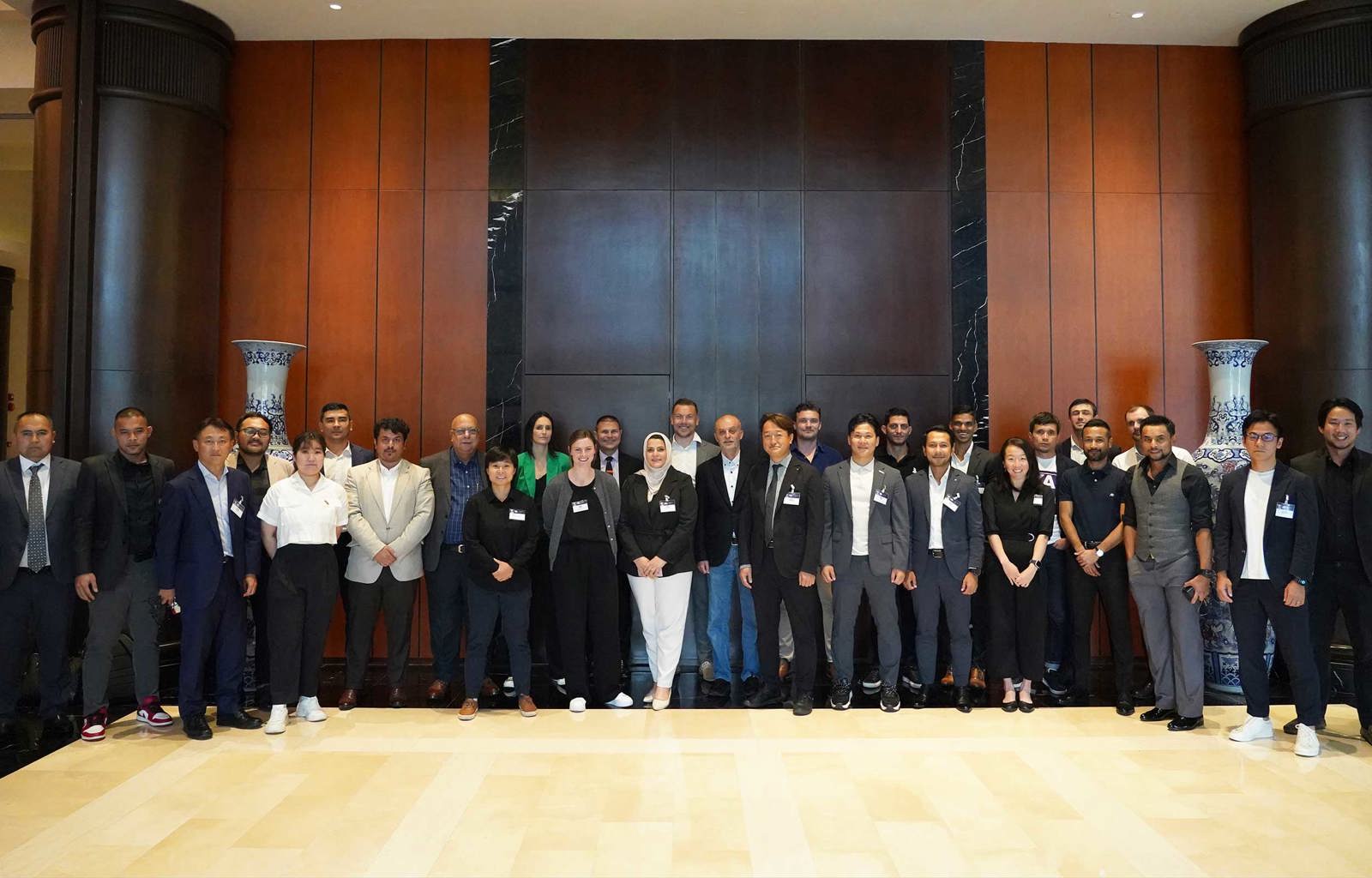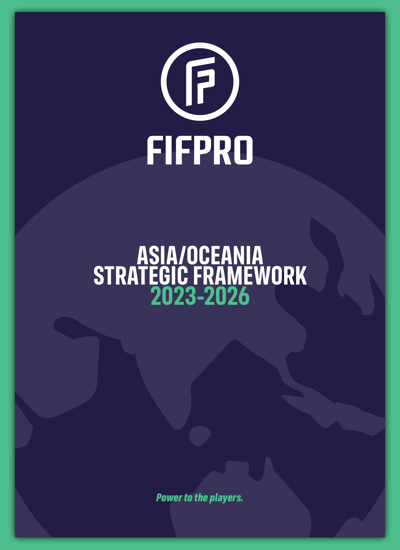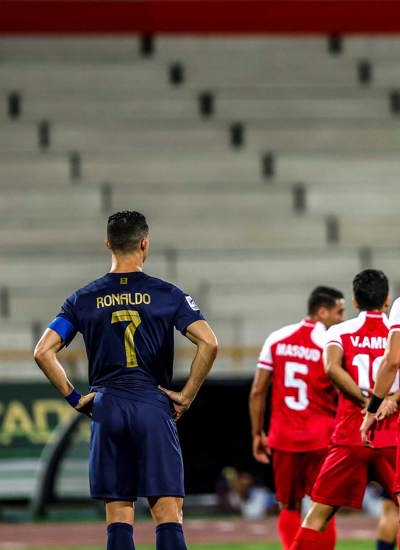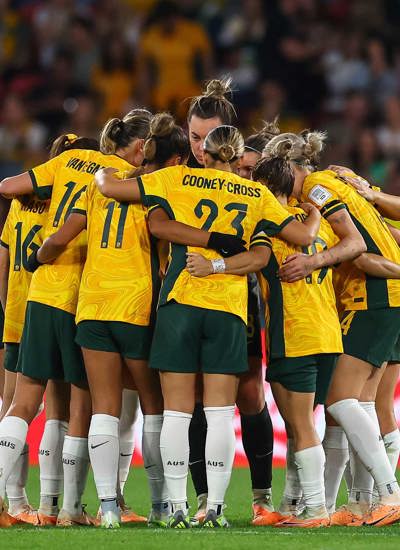
- Opportunity for unions to align on 2023-2026 strategic framework, share best practice and look ahead to future of football in the region
- Fruitful dialogue with stakeholders, as division strives to establish genuine partnership between players, clubs, leagues and the Asian Football Confederation (AFC)
- Chance to reflect on key player-centric research that the division has undertaken in recent times
Representatives from 10 FIFPRO member, candidate and observer unions, as well as guest unions, federations and leagues, attended the 2024 FIFPRO Division Asia/Oceania general assembly in Singapore.
The event was an opportunity for unions to align on the FIFPRO Asia/Oceania 2023-2026 strategic framework, share best practice and look ahead to the future of football in the region.
It was also a chance to reflect on key player-centric research that the division has undertaken in recent times, including the Asian Champions League Report and findings from other AFC tournaments such as the AFC Asian Cup, AFC Women’s Club Championship and Olympic Qualifiers.
FIFPRO Asia/Oceania chairperson Takuya Yamazaki said: "Over the past six to 12 months our focus has been on organising our players around major AFC tournaments, with the objective of building a clear understanding of the players’ experiences and enhancing our capacity to improve the football industry.

"This has been complemented by a commitment to high-level research, which the players believe contributes to the development of football across the region, through FIFPRO.
"Our collective challenge is to design an industry that aligns the collective interests of all stakeholders, rather than continuing with the current hierarchical model which largely defines global football.
"As football in the region continues to evolve, the division’s role, and the players’ voice, will only become more important, and that’s where our strategic framework provides a clear vision for our current and future work."
Member, candidate, observer and guest unions in attendance
- Australia – PFA
- India – FPAI
- Indonesia – APPI
- Japan – JPFA
- Jordan – Jordanian PFA
- Korea Republic – KPFA
- Kyrgyzstan – APFKR
- Malaysia – PFAM
- New Zealand – NZPFA
- Qatar – QPA
- Saudi Arabia – FPA
- Thailand – PFA Thailand
- Uzbekistan – UFU
The opening day kicked off with the division’s strategic priorities. It allowed for the progress achieved in the 2023-2026 framework to be highlighted, as well as areas that can be scaled and improved.
FIFPRO Asia/Oceania Strategic Framework 2023-2026
The framework provides a comprehensive vision and roadmap towards a destination: "a better world in which the people who bring football to life have the power to shape it."

In the spirit of exchange and sharing best practice, unions were invited to present their recent activity to the division. It generated valuable discussions where union successes were profiled, as well as highlighting challenges faced in the last year where collective and constructive dialogue helped offer solutions.
The second day was marked by the presence of active players and allowed for interaction with key stakeholders from federations and leagues in the region on the state of affairs and relations with the Asian Football Confederation.
The importance of establishing a genuine partnership between players, clubs, leagues, and the AFC, to create elite Asian club competitions which deliver for all stakeholders, was once again reinforced.

Several players were in attendance, including Singapore national team captain Hariss Harun (Lion City Sailors) and Bailey Wright (Lion City Sailors), who represented the Australian national team at the 2022 FIFA World Cup. Yojiro Takahagi, Stevia Egbus Mikuni, Kana Kitahara and Rosnani Azman of Albirex Niigata Singapore were also present.
Ideas were shared on innovative thinking regarding competition formats and Twenty First Group Chief Strategy Officer Ben Marlow presented trends in Asian football.
On Thursday, the FIFPRO Asia/Oceania Player IQ Tech Summit will take place. The event will address industry developments driven by new technology and advances in data-capture that enable the rapid collection of large amounts of sensitive player data in the working environment.


